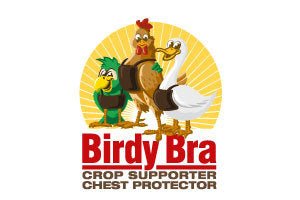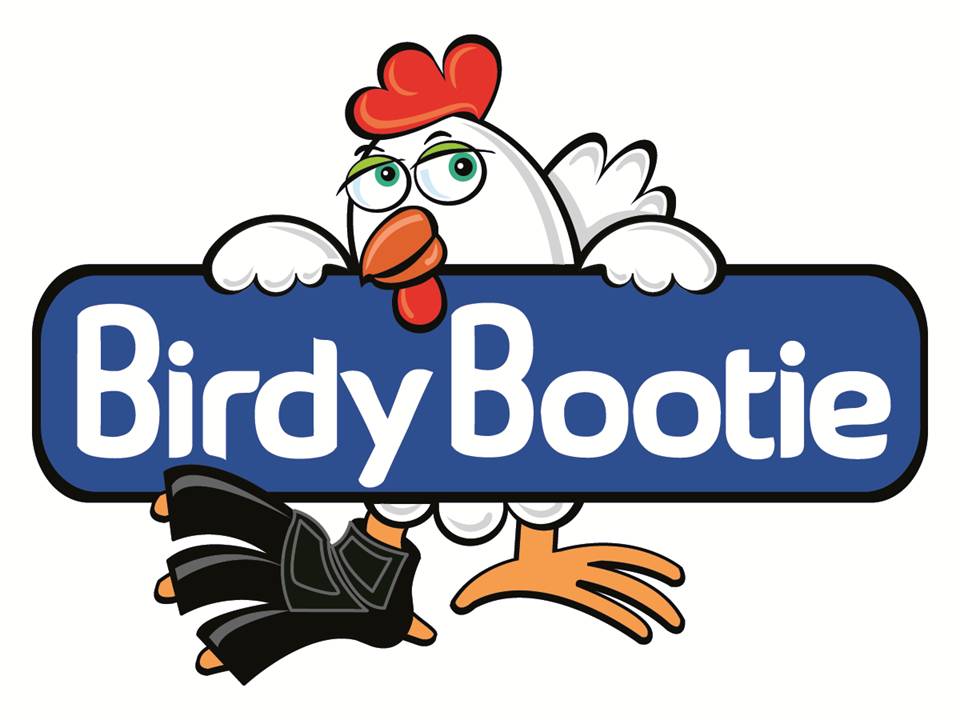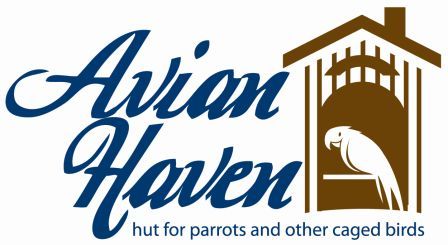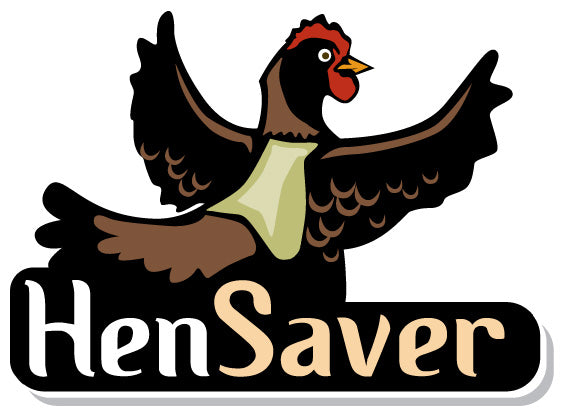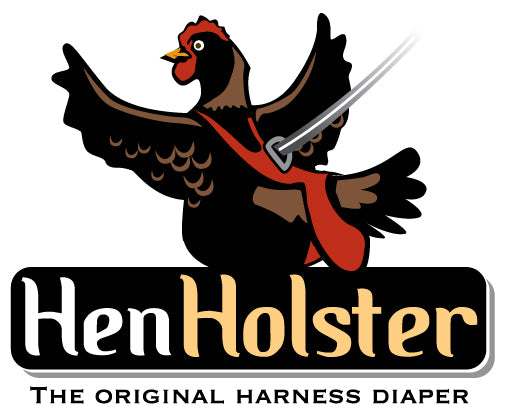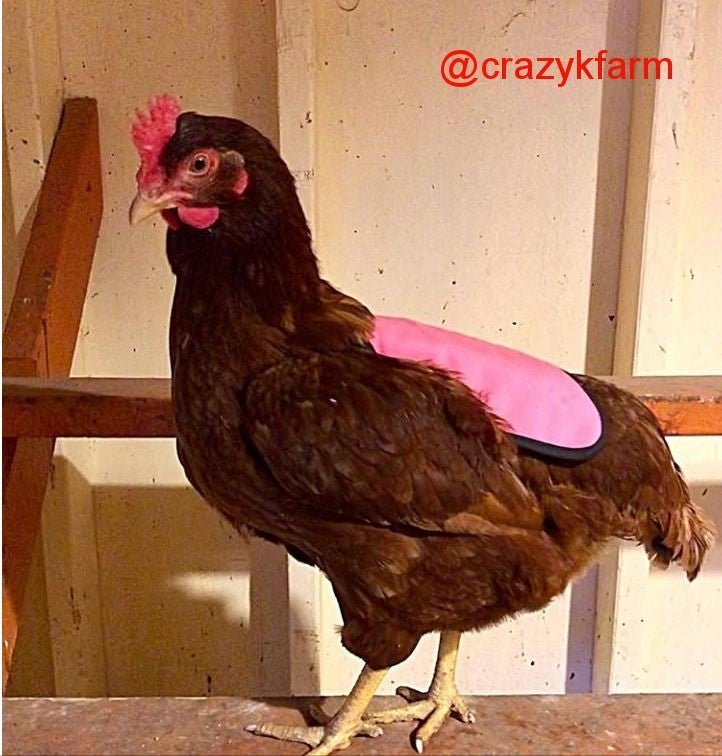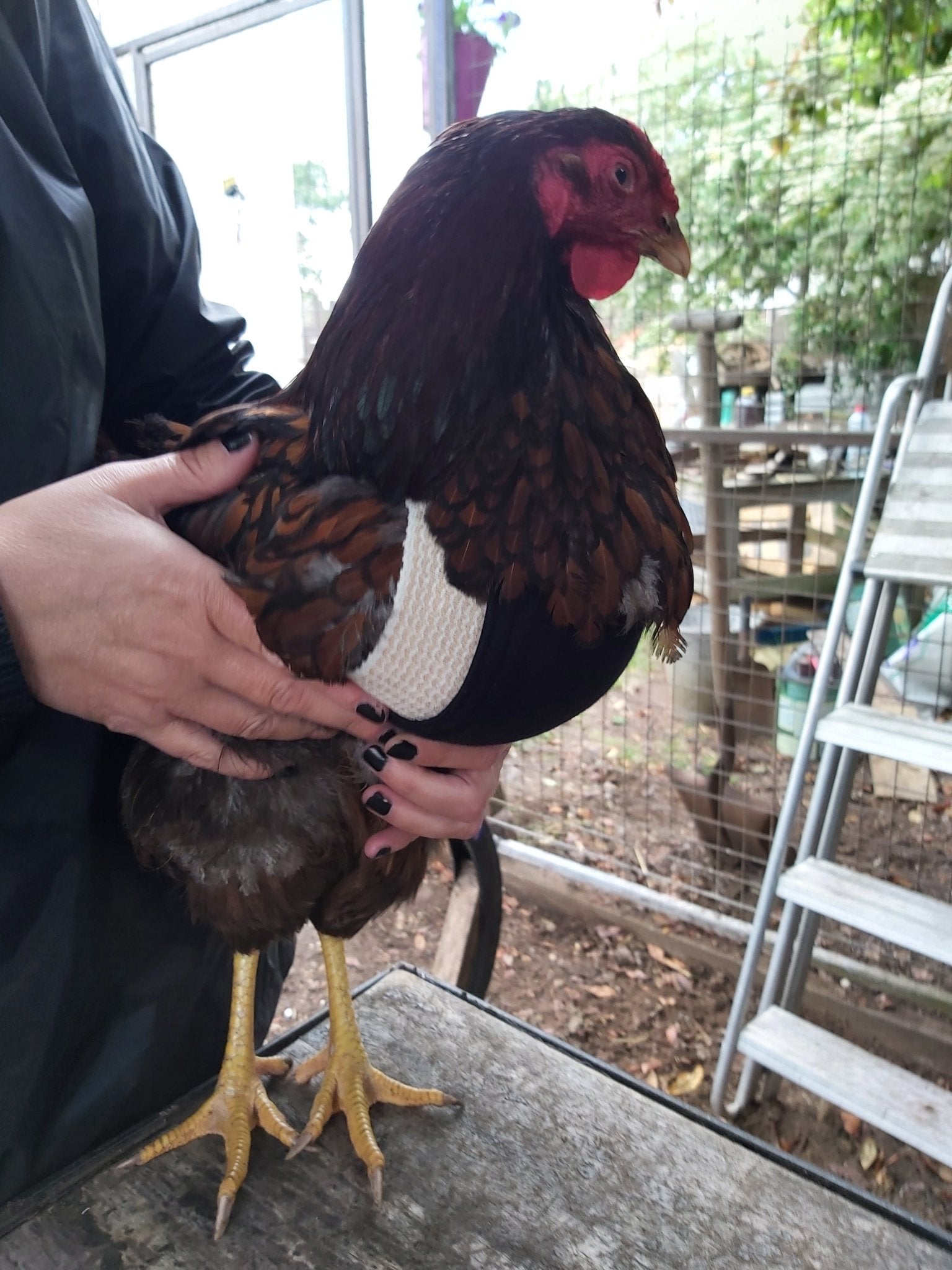
Understanding Crop Issues in Chickens: When Does Your Hen Need a 'Birdy Bra Crop Supporter'?
Every chicken keeper knows the unique joy of watching their flock happily forage, but also the sharp pang of worry when a beloved bird seems unwell. Often, the first sign of trouble can manifest in the crop – that vital, expandable pouch where food begins its journey. "Crop issues in chickens" are distressingly common, ranging from the acute discomfort of an impacted or sour crop, which can be life-threatening, to the chronic challenge of a "pendulous crop" that can severely impair a hen's ability to digest, absorb nutrients, and ultimately thrive. Witnessing your feathered friend struggle with digestion or a visibly sagging, distended crop can be heartbreaking, leaving you searching for accurate answers and truly effective solutions to restore their comfort and vitality.
This comprehensive guide is your essential resource for understanding these critical aspects of "hen health." We delve deep into the intricacies of various crop problems, illuminating their underlying causes, identifying clear and often subtle symptoms, and outlining crucial steps for early intervention and effective management. More than just helping you diagnose the problem, we introduce you to an innovative and compassionate solution designed specifically for poultry: the "Birdy Bra Crop Supporter." You'll discover how this specialized garment is meticulously engineered not only to provide immediate, crucial support and relief for hens suffering from a pendulous crop, but also to aid in the recovery process for other crop-related ailments, offering stability during healing, and even acting as a proactive preventive measure against future complications. Our aim is to equip you with the knowledge and practical tools necessary to confidently identify, manage, and mitigate crop issues, ensuring your cherished hens can lead healthy, comfortable, and productive lives for years to come.
Key Benefits and Features
When your beloved hen faces persistent crop issues, especially a pendulous crop, finding effective support is crucial for her comfort and recovery. The 'Birdy Bra Crop Supporter' is designed with her unique needs in mind, offering targeted assistance to maintain optimal hen health. This section outlines the key advantages and functionalities that make it an invaluable tool in managing crop issues in chickens.
Targeted Support for Pendulous Crop: The primary function of the 'Birdy Bra Crop Supporter' is to provide gentle yet firm elevation for a sagging or pendulous crop. By reducing the strain on ligaments and muscles, it helps the crop maintain a more natural, elevated position. This crucial support prevents food from pooling and stagnating, which is a common precursor to more severe crop issues in chickens* like sour crop or impaction, thereby directly addressing the root cause of discomfort.
Facilitates Healing and Prevents Worsening Conditions: By stabilizing the crop, the 'Birdy Bra Crop Supporter' plays a vital role in the recovery process from various crop issues in chickens. It minimizes uncomfortable movement and stress on an already compromised crop, creating an optimal environment for healing. Furthermore, it acts as a preventative measure, helping to avert recurring problems or the escalation of minor issues into chronic, severe conditions that can significantly impact hen health*.
Enhances Hen Comfort and Mobility: A pendulous crop can be incredibly uncomfortable, restricting a hen's movement and impacting her overall well-being. The supporter alleviates this discomfort, enabling your hen to move, forage, and engage in normal flock behaviors more freely. Improved comfort not only reduces stress but also contributes significantly to better hen health* and a happier disposition, allowing her to live a more fulfilling life despite her condition.
* Designed for Ease of Use and Adjustability: The 'Birdy Bra Crop Supporter' is crafted for simplicity and practicality. It features easily adjustable straps, ensuring a snug, secure, yet comfortable fit for hens of varying sizes without causing constriction or irritation. This user-friendly design means less stress for both the hen and the owner during application and removal, making regular care much more manageable.
* Durable, Breathable, and Hen-Friendly Materials: Constructed from soft, breathable fabrics, the 'Birdy Bra Crop Supporter' prioritizes your hen's delicate skin health. These materials prevent irritation and allow for crucial air circulation underneath the support. They are also robust enough to withstand the daily wear and tear of a coop environment, ensuring the supporter's longevity and continued effectiveness. Furthermore, the materials are easy to clean, helping to maintain essential hygiene for your hen's sensitive area.
Step-by-Step Guide
Navigating crop issues in chickens can be daunting, but with a structured approach, you can effectively manage your hen's health and provide the necessary support. This guide will walk you through identifying, managing, and intervening in various crop problems, including when a "Birdy Bra Crop Supporter" might be the answer for a pendulous crop.
1. Identifying Early Warning Signs of Crop Issues
The first step in addressing any problem is recognizing its onset. Observe your hen daily for changes in behavior and physical signs.
* Behavioral Cues: Lethargy, reduced appetite, isolation from the flock, hunched posture, or reluctance to move.
* Visual Inspection: Examine the crop area (located at the base of the neck). Is it distended or hard when it should be soft? Is it unusually empty when your hen should have eaten? Look for any foul-smelling liquid coming from the beak or regurgitation.
Palpation: Gently feel the crop. In the morning, it should be empty and soft. In the evening, after a day of eating, it should be full but pliable. A hard, impacted crop or a gassy, squishy crop indicates crop issues in chickens*.
2. Differentiating Between Common Crop Problems
Understanding the type of crop issue is crucial for effective treatment.
* Impaction: The crop feels hard and solid, often due to long grass, string, or foreign objects. It may empty very slowly or not at all.
* Sour Crop: The crop feels squishy, gassy, and often produces a distinct, foul, yeasty odor from the hen's beak. The hen may regurgitate bubbly, smelly liquid.
Pendulous Crop: This is a chronic condition where the crop becomes stretched and sags low, sometimes even touching the ground. It may feel soft and doughy but does not empty efficiently, leading to poor digestion and recurrent issues. This often develops after repeated acute problems and is a primary indicator for a Birdy Bra Crop Supporter*.
3. Initial Interventions and Management for Acute Issues
For acute impaction or sour crop, prompt action can prevent escalation.
* Isolation: Separate the affected hen to reduce stress and prevent further ingestion of problematic items.
* Dietary Adjustment: Withhold food for 12-24 hours to allow the crop to empty. Offer only fresh water, potentially with electrolytes or a splash of apple cider vinegar (1 tbsp per gallon).
* Gentle Massage: For impaction, gently massage the crop to try and break up the contents and encourage movement. Never force or squeeze aggressively.
* Supportive Supplements: A small amount of olive oil (1-2 teaspoons) can help lubricate an impacted crop. Plain yogurt or probiotics can aid sour crop by rebalancing gut flora.
4. Recognizing the Need for a 'Birdy Bra Crop Supporter' for Pendulous Crop
Once acute issues are managed, some hens are left with a stretched, sagging pendulous crop. This is where the Birdy Bra Crop Supporter becomes invaluable.
* Chronic Sagging: If your hen's crop consistently hangs low, doesn't retract, and struggles to empty properly even after initial treatments, it's a strong sign of a pendulous crop. This condition severely impacts digestion and comfort.
Repeated Issues: Hens prone to recurrent impactions or sour crop due to a weakened, stretched crop benefit significantly from external support. The Birdy Bra helps hold the crop in its natural position, promoting better emptying and reducing strain. It's a proactive measure for long-term hen health*.
5. Applying and Maintaining the 'Birdy Bra Crop Supporter'
Proper application and ongoing maintenance are key to the Birdy Bra's effectiveness.
* Sizing: Ensure you have the correct size for your hen. Consult the manufacturer's guide, as an ill-fitting bra can cause discomfort or be ineffective.
* Application: Gently place the hen on your lap. Position the bra so the opening comfortably cradles the crop without constricting the neck, wings, or legs. Secure the fasteners snugly but not too tightly; you should be able to slide a finger easily underneath. The goal is support, not compression.
* Comfort Check: Observe your hen for the first few hours and days. She should be able to move, eat, and drink normally. Check for any signs of chafing, redness, or irritation under the bra.
Hygiene: Remove and clean the Birdy Bra Crop Supporter* regularly, especially if soiled, to prevent skin irritation and bacterial build-up. Inspect the skin underneath for any issues.
### Birdy Bra Application Methods
We offer two Birdy Bra styles to meet your flock's needs:
The Birdy Bra crop supporter is vet-recommended for pendulous crop, sour crop, and crop disorders. Made in the USA with bird-safe materials and machine washable for easy care.
6. Long-term Care and When to Seek Veterinary Advice
Even with a Birdy Bra, ongoing care and vigilance are essential for optimal hen health.
Monitoring: Continuously observe your hen's appetite, digestion, and general demeanor. The bra is a tool, not a cure, for crop issues in chickens*.
* Dietary Adjustments: Consider feeding smaller, more frequent meals. Avoid long, fibrous grasses or anything that previously caused impaction. Ensure constant access to fresh water and grit.
Veterinary Consultation: If the crop issue worsens despite your interventions, if your hen displays severe pain, extreme lethargy, or if the Birdy Bra doesn't seem to improve the condition, consult an avian veterinarian. They can diagnose underlying issues, provide medication, or perform surgical intervention for severe pendulous crop*.
Best Practices and Pro Tips
Navigating crop issues in chickens requires a proactive approach and a keen eye for detail. Adhering to best practices can prevent many problems, while knowing when and how to intervene can significantly improve your hen's health and comfort. Poultry experts emphasize that understanding your flock's unique needs is paramount.
Here are some actionable tips to safeguard your hen's crop health and effectively utilize tools like the Birdy Bra Crop Supporter:
* Conduct Daily Crop Checks: Make a routine of gently feeling your hens' crops each morning before they eat. A healthy crop should be mostly empty and soft. In the evening, it should feel full but pliable. Pro Tip: Look for anything unusual – an overly hard, impacted crop; one that's persistently distended even after digestion; or a distinctly pendulous crop hanging low. Early detection of crop issues in chickens is key to preventing severe cases.
* Optimize Diet and Feeding Practices: Avoid sudden, large meals, especially after a period of fasting, which can overwhelm the crop. Provide constant access to fresh, clean water and free-choice grit. Warning: Overfeeding scratch grains or providing an diet excessively high in long, indigestible fibers without adequate grit can lead to impaction, a common precursor to a pendulous crop.
* Ensure Proper Hydration: Dehydration is a major contributor to poor crop motility and impaction. Ensure waterers are clean, accessible, and in multiple locations if you have a large flock, especially during hot weather. Veterinary professionals consistently highlight hydration as fundamental to overall hen health.
* Minimize Stress and Competition: A stressed hen might gorge herself quickly or eat indigestible materials. Provide ample feeder space to reduce competition, allowing all hens to eat at a natural pace without rushing, which can lead to overfilling the crop.
* Know When to Support vs. Treat: For mild, intermittent crop distension, gentle massage (downwards towards the body) might help. However, for persistent, recurrent, or visibly pendulous crop conditions, consider supportive measures. Expert Insight: "A Birdy Bra Crop Supporter isn't just a band-aid; it's a critical management tool for chronic pendulous crop, preventing skin irritation and improving the hen's mobility and quality of life," advises Dr. Anya Sharma, a poultry health specialist.
* Correct Birdy Bra Application: If using a Birdy Bra Crop Supporter, ensure you select the correct size and apply it snugly but not restrictively. It should support the crop without digging into the hen's skin or impeding breathing or movement. Common Mistake: An ill-fitting support can cause chafing, discomfort, or fail to provide adequate relief, potentially worsening the problem. Check daily for any signs of irritation under the fabric.
* Consult a Poultry Veterinarian: While supportive care is crucial, it's vital to differentiate between a mechanical issue like a pendulous crop and underlying medical conditions such as sour crop (yeast infection) or impaction requiring intervention. If you notice a foul odor from the crop, lethargy, loss of appetite, or if the crop feels hard and won't soften, seek veterinary guidance promptly.
* Continuous Monitoring: Even with support, regularly observe your hen's eating, drinking, and droppings. The Birdy Bra Crop Supporter can significantly improve life for a hen with a pendulous crop, but ongoing vigilance ensures you catch any new or worsening crop issues in chickens early.
Advanced Strategies
For the experienced flock keeper, managing chronic or complex `crop issues in chickens` demands a nuanced, proactive approach that extends beyond basic intervention. These advanced strategies focus on long-term `hen health`, prevention, and optimizing supportive care.
1. Precision Dietary Management & Hydration Protocols
Beyond simply offering soft foods, experienced users understand the critical role of feed particle size, consistency, and hydration timing. For hens prone to `pendulous crop` or chronic slow crop, consider actively manipulating feed to optimize crop function. Finely ground mash can be rehydrated just before feeding to a gruel-like consistency, reducing the need for the hen to gulp large amounts of water immediately after eating dry feed – a common trigger for crop distention. Conversely, for persistent impactions, a diet incorporating finely chopped, moist greens (e.g., kale, chard) can provide natural fiber and moisture.
* Case Study: "Agnes," a Cochin hen with recurrent slow crop, saw significant improvement when her evening feed was switched to a pre-soaked, fermented grain mixture. This not only improved digestibility but also reduced her frantic intake of dry pellets, thereby minimizing the strain on her weakened crop and lessening the need for her `Birdy Bra Crop Supporter`.
2. Optimized Birdy Bra Rotation, Customization, and Graduated Weaning
For `hen health` and comfort in chronic `pendulous crop` cases, advanced users implement a multi-`Birdy Bra Crop Supporter` system. Maintaining two or more bras allows for regular washing, preventing skin irritation and bacterial buildup, which is crucial for continuous wear. Meticulous fit is also key; some experienced keepers may make minor, safe modifications, such as adding a soft, breathable liner for sensitive skin or ensuring straps are adjusted throughout the day as the crop fills and empties. For hens showing signs of recovery, a graduated weaning process can be attempted. This involves slowly increasing the periods the `Birdy Bra Crop Supporter` is removed, meticulously observing crop function, before considering full removal.
3. Environmental Engineering for Reduced Crop Strain
Recognizing that environmental factors significantly contribute to `crop issues in chickens`, advanced strategies involve optimizing the feeding environment. Implementing anti-gorge feeders or scattering feed in deep litter can slow down eating, forcing hens to take smaller, more manageable mouthfuls, which is particularly beneficial for those at risk of `pendulous crop`. Elevated feeders can also promote better posture while eating. Additionally, closely observing flock dynamics – identifying and mitigating stress from dominant hens that may rush others during feeding – can prevent rapid, overconsumption. Ensuring consistent access to fresh, palatable water at multiple stations is paramount.
🐔 Shop USA-Made Backyard Poultry Gear 🐔
Protective wear for chickens, ducks & geese • Veterinarian-Recommended • Hand-Made in USA

Birdy Bootie
Protective footwear for chickens, ducks & geese. Helps Bumblefoot & protects injured feet. Durable & comfortable.
From $9.99
Shop Birdy Booties →
Birdy Bra
Essential crop support & chest protection. Ideal for pendulous crop issues. Adjustable fit for maximum comfort.
From $19.99
Shop Birdy Bra →
Backyard Flocks
Diapers, saddles, leashes & more! Everything you need for happy, healthy poultry in one place.
Shop All Gear
View Collection →🌟 Why Poultry Owners Choose Crazy K Farm 🌟
🇺🇸 Made in USA
Handcrafted quality you can trust. Designed by experts specifically for your flock's unique needs.
💚 Mission-Driven
Every purchase supports 200+ rescued animals at our sanctuary, including over 80 rescue chickens!
Conclusion
Navigating `crop issues in chickens` is an essential part of responsible flock management. Throughout this guide, we've explored the nuances of healthy crop function, identified common problems like impacted or sour crop, and delved into the more chronic and challenging condition of `pendulous crop`. Understanding these signs and knowing when to act is crucial for maintaining optimal `hen health`.
Remember, early detection and prompt intervention for acute crop problems are always the first line of defense. However, for those persistent cases where a hen develops a saggy, `pendulous crop` that compromises her comfort and ability to move freely, the `Birdy Bra Crop Supporter` emerges as an invaluable tool. It’s not a cure for underlying issues, but a compassionate solution designed to provide crucial physical support, alleviate discomfort, prevent further stretching, and significantly improve a hen's quality of life.
Don't let your beloved hens suffer in silence. Be vigilant, observe your flock daily, and when faced with a chronically pendulous crop, consider the comfort and relief that a Birdy Bra can offer. Take the proactive step to support your hen’s well-being. By implementing these practices and utilizing appropriate tools like the `Birdy Bra Crop Supporter` when necessary, you empower yourself to provide the very best care, ensuring your feathered friends can live out their days with comfort and dignity. Invest in their health today – your hens will thank you for it.


